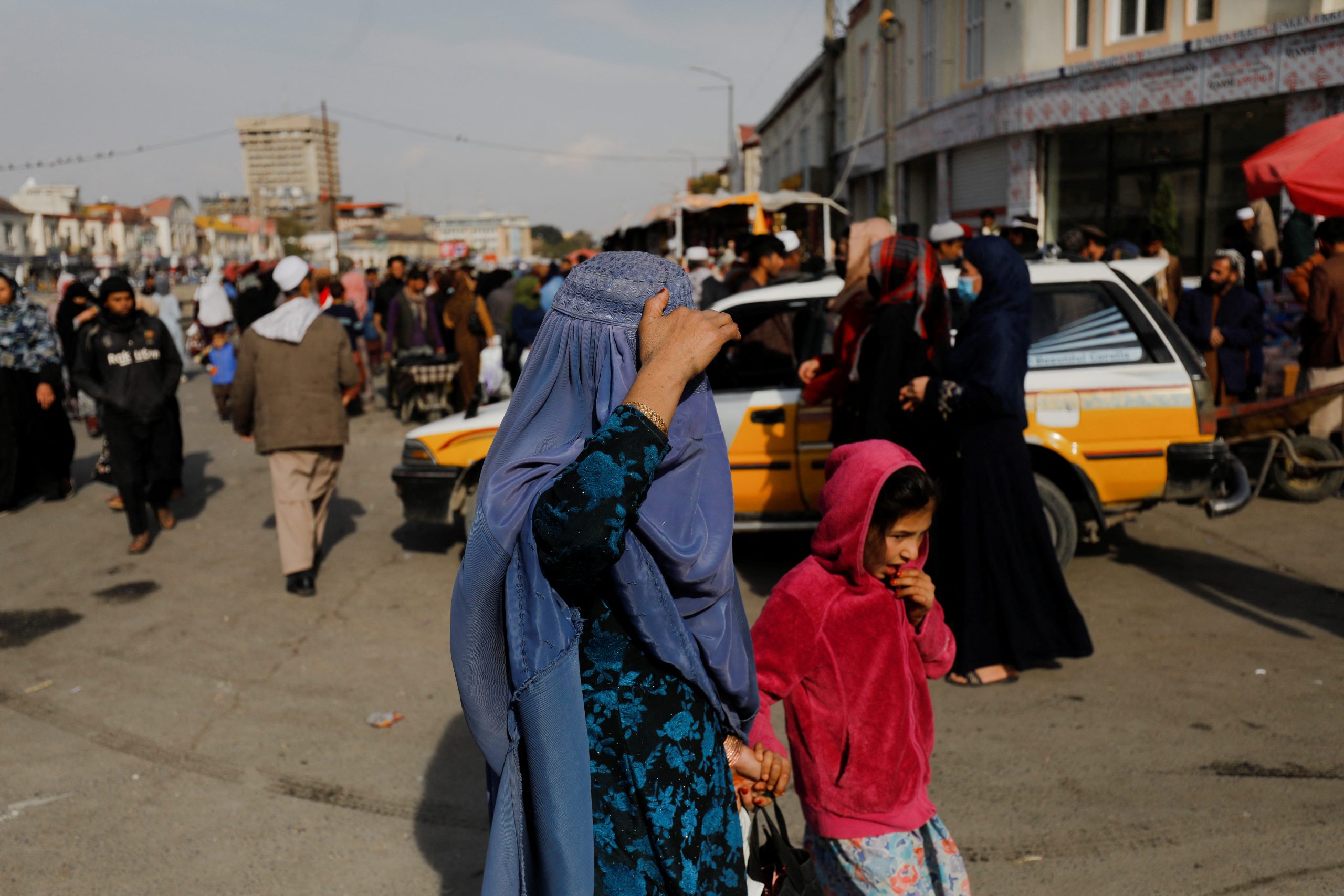
Matt Bush, FISM News
[elfsight_social_share_buttons id=”1″]
Lawmakers heard emotional firsthand accounts on Wednesday from veterans and others on the ground in Kabul concerning the chaotic events surrounding the 2021 military evacuation from Afghanistan.
It took Republicans taking control of the House to begin an investigation into the events surrounding the evacuation, events that have been described as chaotic and that took numerous American and Afghan lives. The investigation is being led by the now Republican-led House Foreign Affairs Committee chaired by Michael McCaul (R-Texas) and the hearing is expected to be the first in a series.
“It was often referred to like ‘Schindler’s List.’ If you’re on the list, you made it out alive. If you weren’t, you didn’t. What happened in Afghanistan was a systemic breakdown of the federal government at every level, and a stunning, stunning failure of leadership by the Biden administration,” Rep. McCaul said.
The hearing focused primarily on the testimony of veterans who were either present at the evacuation or trying to help Americans and their allies flee the chaos. Their testimony was emotional and powerful.
“The U.S. government may not have had the backs of our Afghan allies, but our veterans did. This whole thing has been a gutting experience. I never imagined I would witness the kind of gross abandonment followed by career preserving silence of senior leaders — military and civilian,” said Scott Mann, a member of Task Force Pineapple.
Some of the most chilling testimony came from Tyler Vargas-Andrews, a sergeant in the U.S. Marine Corps. Vargas-Andrews recounted the moment that his sniper team was stopped from taking out the suicide bomber who killed 13 U.S. service personnel and more than 170 Afghan civilians.
According to the Washington Free Beacon, “Vargas-Andrews’s sniper team was provided with detailed information about the suspected bomber, including what he looked like.” With such a description, many wondered why the bomber was not apprehended sooner. The sniper team spotted the bomber and were prepared to shoot. Instead, they were told to stand down by a commander in charge.
“We reassured him of the ease of fire on the suicide bomber. Pointedly, we asked him for engagement authority and permission. We asked him if we could shoot. Our battalion commander said, and I quote, ‘I don’t know.’ Plain and simple, we were ignored. Our expertise was disregarded. No one was held accountable for our safety,” Vargas-Andrews said. Soon after, the suicide bomber attacked.
Vargas-Andrews was hit in the blast, losing two limbs, multiple organs, and needing 44 surgeries to date because of the attack. According to Vargas-Andrews, “no one wanted my report post-blast. Even [the Naval Criminal Investigative Service] and the FBI failed to interview me. The withdrawal was a catastrophe and there was an inexcusable lack of accountability and negligence.”
It is the responsibility of congress, the legislative branch of government, to hold the executive branch accountable when gross negligence or mistakes occur. Almost two years later, congress is finally doing just that, and it is not too late to help some that were left behind.
“It’s not too late. We’re going to talk a lot today about all of the mistakes that were made leading up to that, but urgent action right now will save so many lives. There’s so many people that so many organizations work with today, and it’s not too late to take swift action to assist those,” said Peter Lucier with Team America Relief as he and others urged lawmakers to pass the “Afghan Adjustment Act.”
Rep. Mike Waltz (R-Fla.), who served in Afghanistan, summed up the failed evacuation.
“I’ve never been more proud of my fellow Americans and veterans as I am with this group. But I’ve also never been more disgusted with my own government. This was a callous, cold-hearted, incompetent episode on the part of this administration and it is not worthy of … their sacrifice,” Waltz said.
